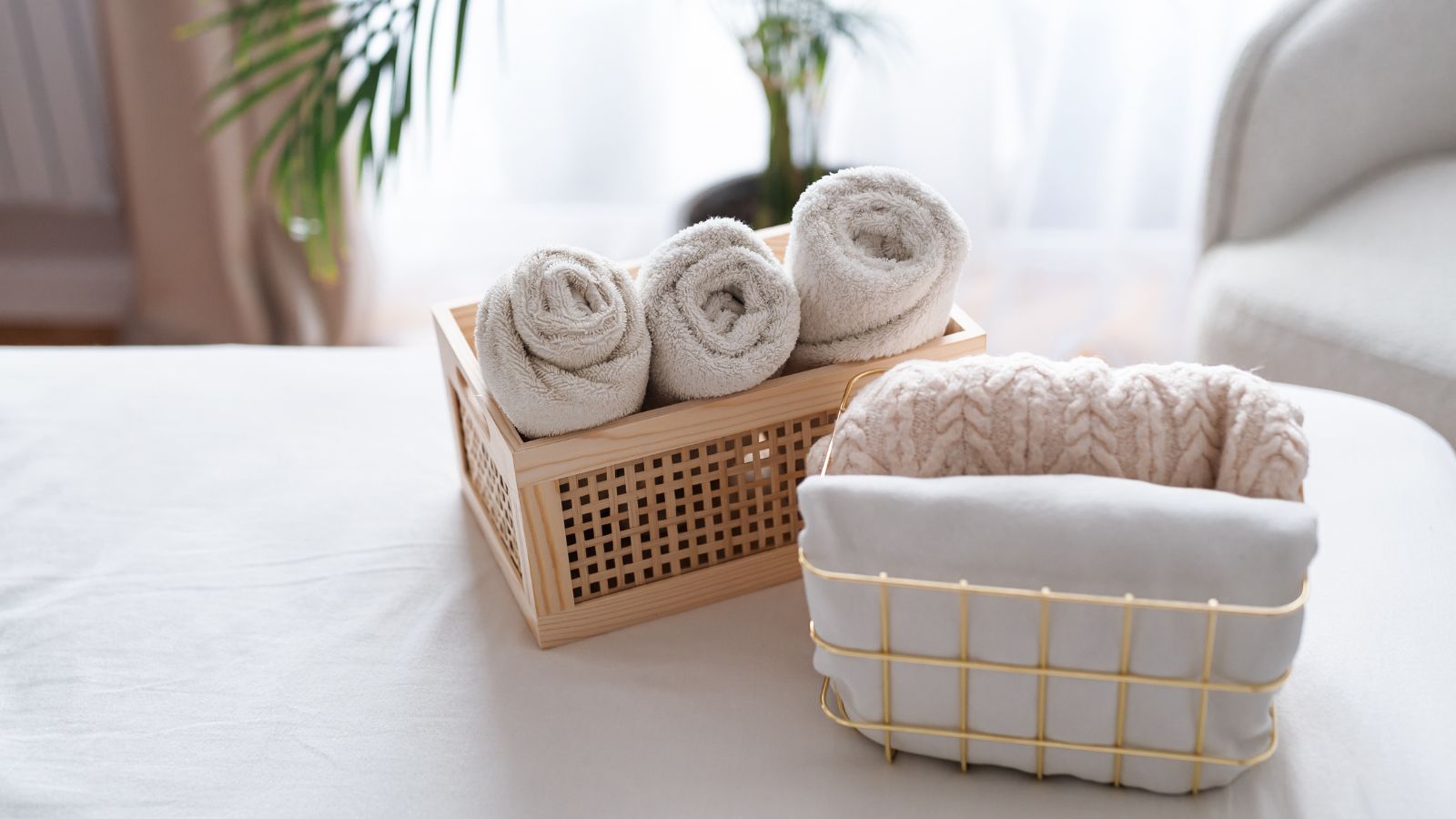
If you’re in a state of constant decluttering yet your home always seems to get out from under your feet, it might be time to switch up your mindset to stop clutter at the source.
While you can keep trying out different decluttering tips, if you don’t change your routine, clutter will continue to build up even when you have just cleared it out.
These are the five simple mindset shifts that help prevent clutter so you can cut back on clearouts.
Mindset shifts that help prevent clutter
'Make a list of your reasons to keep clutter out. When you understand why you don't want the piles of stuff around anymore, it's easier,' says Diane Quintana, professional declutterer and owner of DNQ Solutions. 'Once you decide that you like your home better when it's clutter-free, the easier it will be to maintain the spaces regularly.'
1. Set shopping boundaries
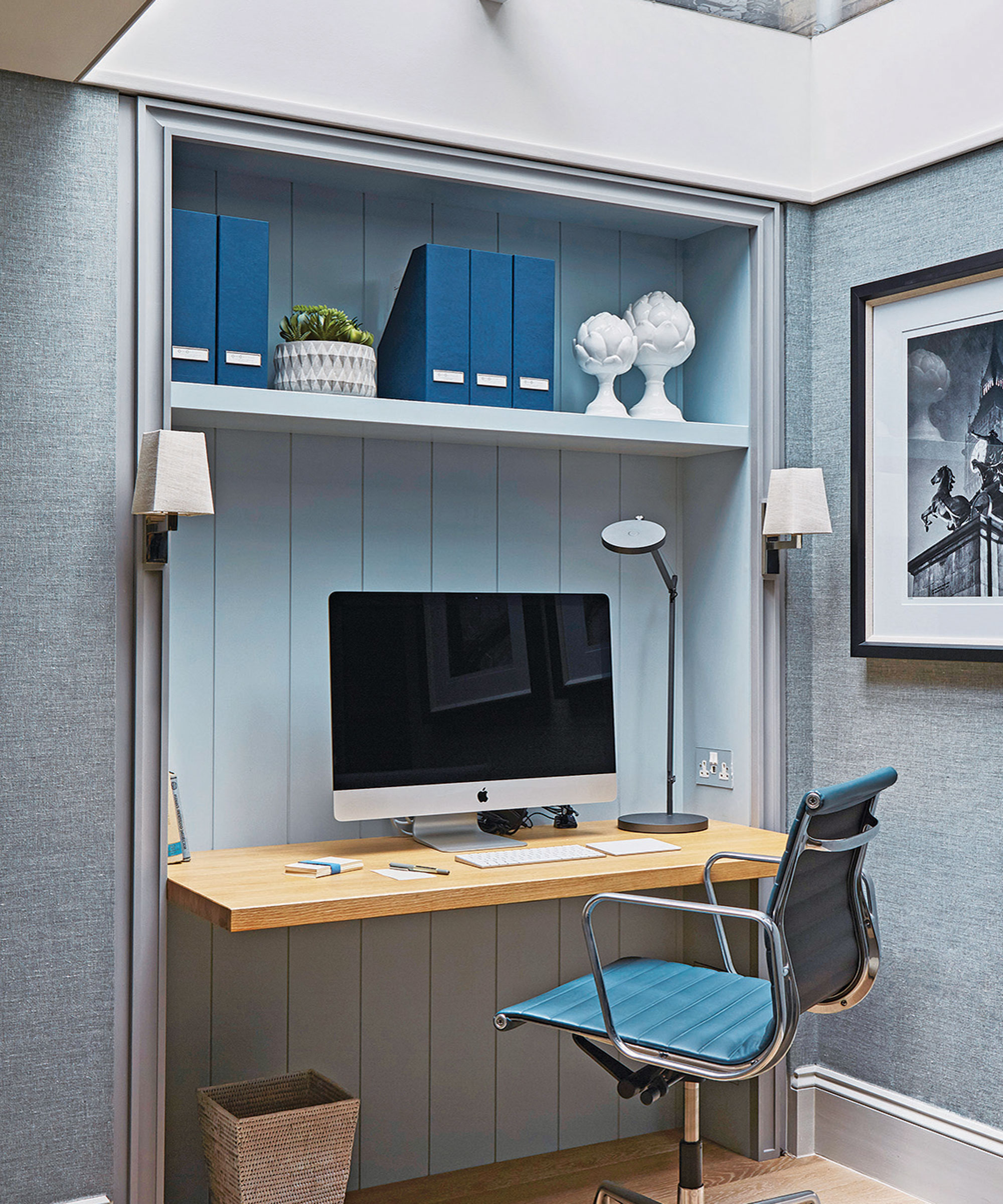
In a consumerist world, the most common cause of clutter is overspending. The common thought process of ‘it’s only small’ or ‘just a little treat’ adds up and accumulates into mountains of clutter over time. As such, it is important to set some shopping boundaries and be more mindful with spending to stop clutter at the source, says Sarah Parisi, owner of The Clutter Curator:
‘If the goal is to be more organized and have a manageable home and life, we have to look at the frequency with which we bring items into our homes and lives. If you are constantly getting new items, of course, you are going to be overwhelmed by your home.
‘The goal is to set a boundary around shopping. If you can manage it, maybe only 'checkout' items once a week or once a month. This allows you to add items to your cart but gives you time to evaluate whether you need them.
‘I also strongly suggest clients unsubscribe and unfollow people who encourage their shopping habits,’ Sarah adds. 'Unsubscribing from store mailing lists reduces the clutter in your email inbox and the opportunities for brands to encourage you to buy more.’
2. Reevaluate your sentimental items
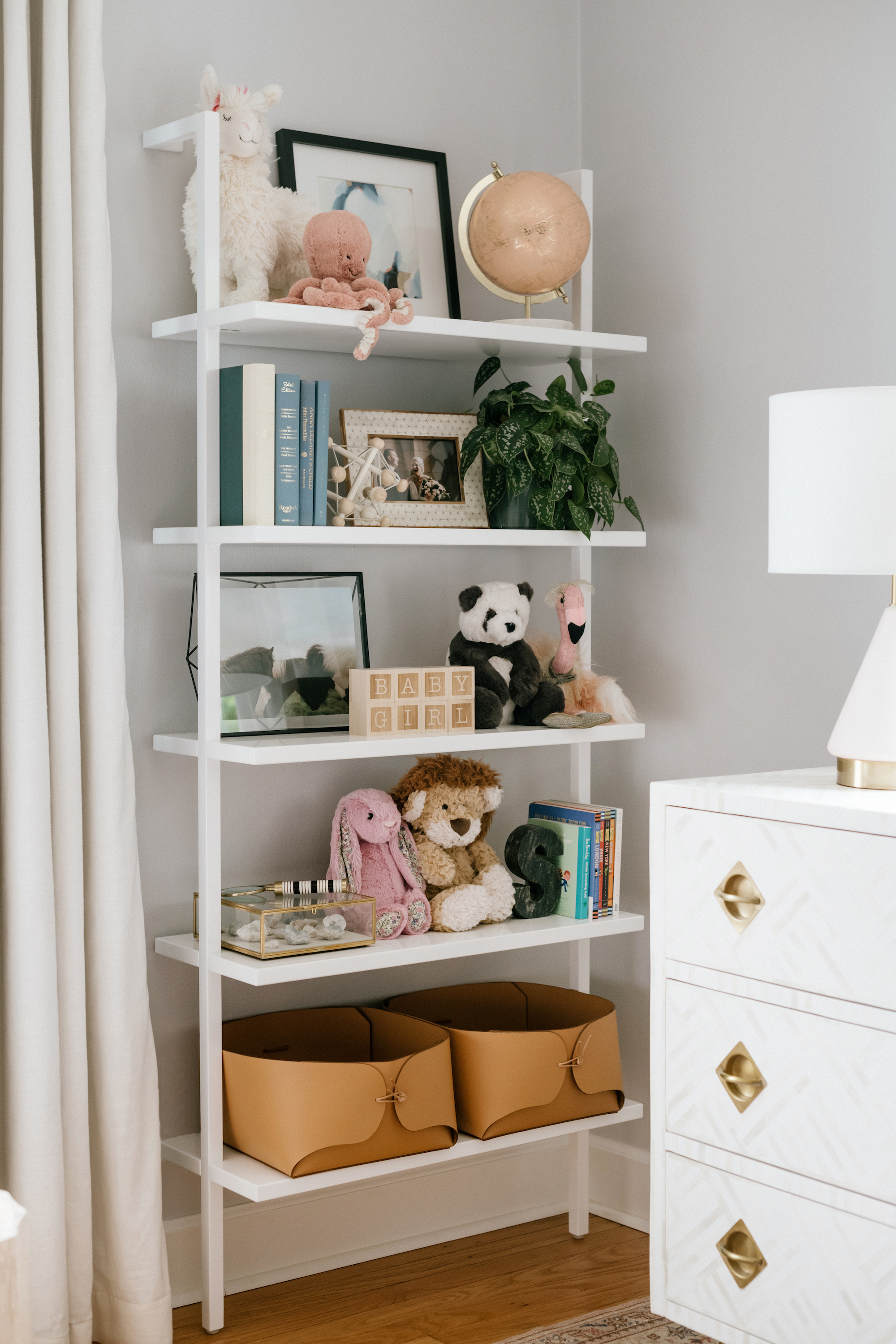
Decluttering sentimental items is another tripping point in deducing clutter around your home. If you want to change the way you think about clutter, it can be helpful to reassess why you hold onto some items so desperately.
‘Is it because you think you will forget the occasion? Can you take a picture and write the story? Can you create a way to display and honor that item? Do you think someone else may benefit from having that thing?’ asks Diane Quintana, professional declutterer.
Consider whether a picture of the item documented in a scrapbook or a digital journal could do the same thing without taking up all of the space in your home.
3. Break the scarcity mindset cycle

Overcoming a scarcity mindset is one of the major mindset shifts that will help you cut back on continuous clutter, says Nicole D Miller of Colie’s Cleaners. If you hoard items because you previously had a lack of them, it is important to address this and find healthier coping mechanisms:
‘People with a scarcity mindset might have been taught not to waste, so they hold onto things their family deemed valuable,’ Nicole begins. ‘For me, it was a lack of clothing in childhood. As I grew older, I had massive closets full of clothes to compensate and ensure I was never without again. Eventually, I recognized that it was far too much for one person.
‘Consider if you realistically need what is cluttering the nooks and crannies of your home. I always say if I have not used it in a year or more, I likely do not need it. Ask yourself if you can sell it or give it to someone who might need it more.’
4. Think 'little and often'
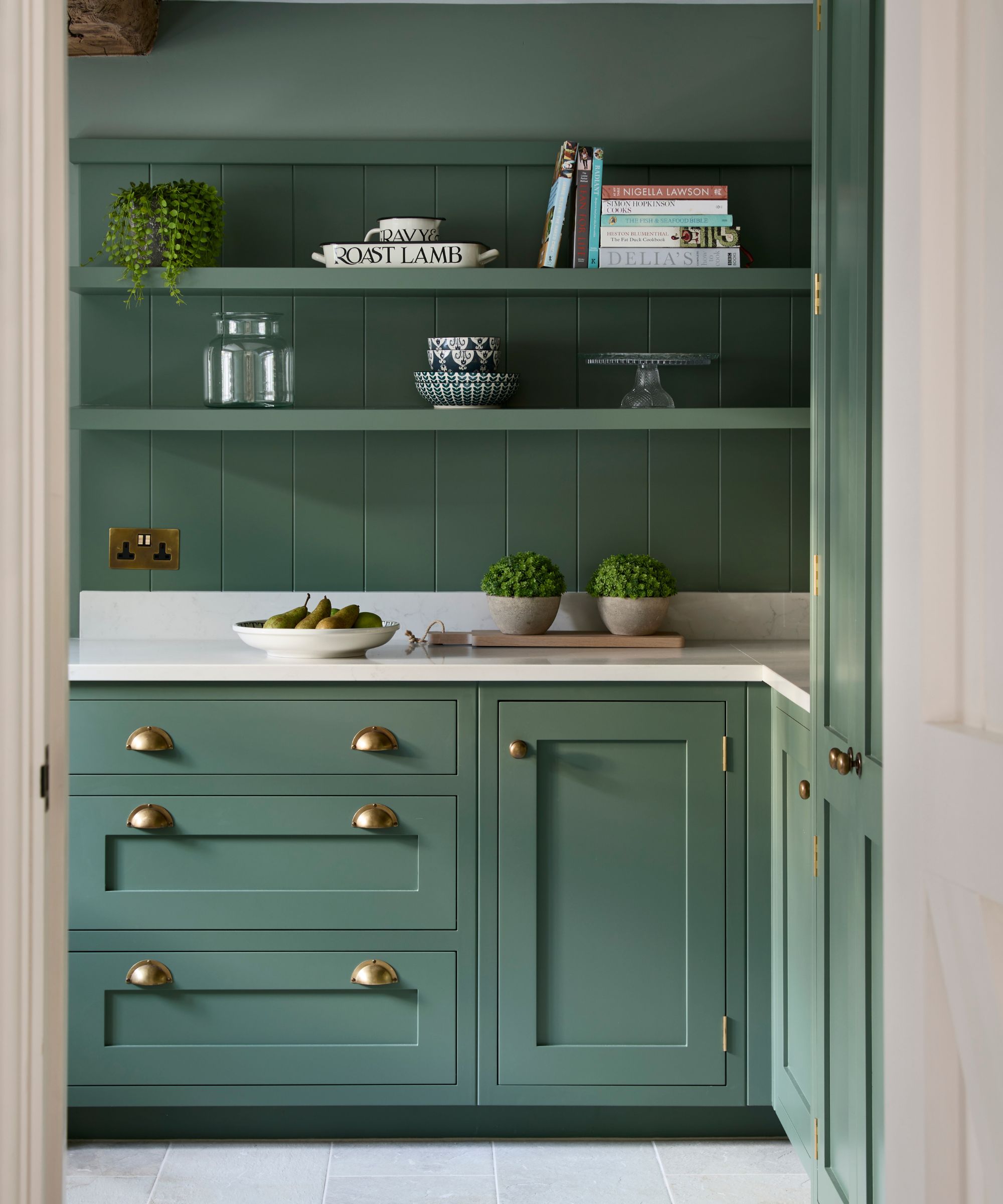
Sometimes, a mindset shift can be as simple as setting up a routine to clean and tidy up your home more regularly, doing little and often to help declutter a home room by room. More often than not, working this way is enough to prevent major clutter pile-ups, making it easier to stay on top of your chores without feeling overwhelmed.
Diane Quintana, professional declutterer, suggests creating a schedule for cleaning and clearing the horizontal surfaces, police the areas where you know clutter tends to accumulate, and deal with the spots as soon as you notice some clutter.
‘The reality is that the more often you pick up and put things away, the fewer opportunities clutter has to accumulate. Build picking up and putting things away into your daily or weekly routine. The more often you do this, the less you will have to do.’
5. Practice gratitude
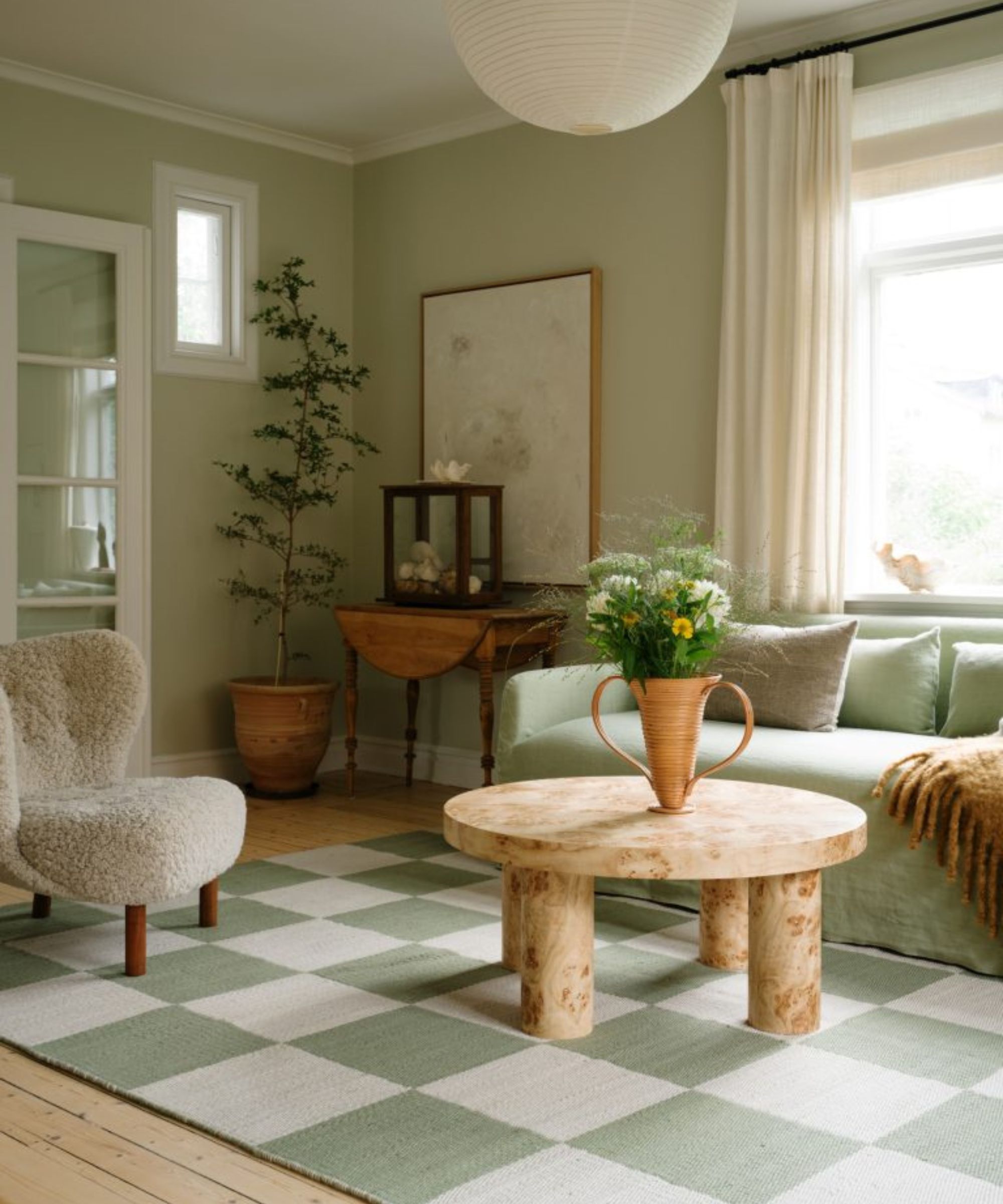
For long-lasting results, Bonnie Tomlinson, professional organizer, recommends making a more mindful home and practicing gratitude. Not only does this help prevent overspending and reduce clutter and waste, but can also reduce stress and low mood, she explains:
‘Once you have gratitude for all you have, you will treat your possessions as having more value, taking care of them so they will last. In return, you will not need to replace them, again, fending off the need to purchase new,’ she says.
‘The cycle of gratitude will stop the cycle of consumerism. The money saved will allow you the luxury of peace of mind that comes with the control over your finances and the clutter in your home.’
FAQs
What causes emotional clutter?
Emotional clutter can be caused by several tumultuous life events, from a new baby to a death in the family or a general low mood. This clutter is usually caused when a sudden event or change makes it difficult to keep your home tidy due to a lack of energy or time. This build-up of clutter then adds to your stress, making it harder to clean up and easier to add to – and so the cycle continues.
How do I prevent clutter when shopping?
If you often find yourself buying more than you need or treating yourself to items you don't use or come to regret, creating a budget and shopping list can help you avoid breaking these shopping boundaries. Writing them down on paper and taking them to the store or having them next to you when shopping online can help keep you accountable.
When treating yourself, consider saving up for items you know you have had your eye on for a while, or pick an item you can use immediately, such as good food, a sweet treat, or a day out/experience.
Changing how you think about decluttering and shopping and implementing new habits to keep your home clutter-free will not only save you time and energy but reduce your mental load and stop you from getting overwhelmed, too.







